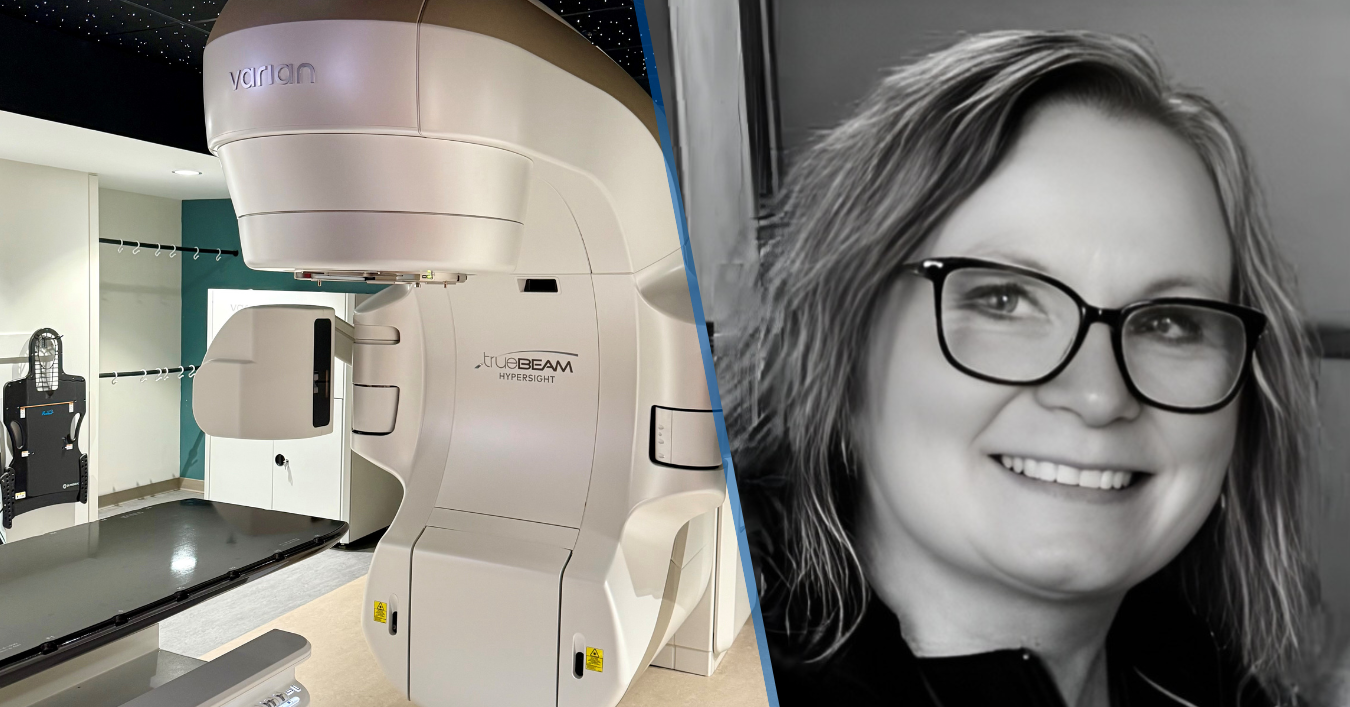In today’s rapidly evolving health care landscape, partnerships between health systems and academic institutions play a pivotal role in advancing medical research, enhancing patient care and improving community health.
At Mercy Health, we are proud to participate in several of these dynamic collaborations across multiple regions, including in Springfield, Ohio, Lima, Ohio and Paducah, Ky.
However, the value of these partnerships and how they impact our patients and communities is often unclear to those not directly involved. So, let’s take a closer look at how these partnerships work and why they matter.
The foundation of collaboration
At its core, the partnership between health care systems and academic institutions is built on the shared goal of improving health outcomes. Academic institutions bring cutting-edge research, education and training to the table, while health care systems, like our ministry, provide the practical, real-world experience needed to test and implement new medical breakthroughs.
Together, they create an environment where innovation thrives and patient care reaches new heights.
For example, in our Springfield and Lima markets, we partner with Ohio State University’s The James through the Healthy State Alliance. This collaboration focuses on cancer care, leveraging the extensive research capabilities of OSU and our clinical expertise to improve cancer treatment options for patients.
Similarly, in Paducah, Ky., our ministry works closely with the University of Kentucky to advance health care services in the region.
How do these partnerships benefit patients and communities?
The benefits of these partnerships extend far beyond hospital walls. Through collaborative research and clinical trials, patients gain access to new treatments and therapies that might not be available otherwise. Additionally, health care providers can stay at the forefront of medical advancements, ensuring that they offer the best possible care to patients.
In Springfield and Lima, for instance, the Healthy State Alliance has significantly expanded access to comprehensive cancer care, providing patients with innovative treatment options close to home. Meanwhile, in Paducah, the partnership with the University of Kentucky has strengthened local health care infrastructure, allowing more patients to receive high-quality care without having to travel long distances.
Beyond patient care, these partnerships also benefit the wider community. By working together, academic institutions and health care systems can address larger public health issues, such as chronic diseases or health care disparities. Research findings from these collaborations often lead to the development of community health programs that focus on prevention, education and early intervention, helping to improve overall community wellness.
What the future holds
As health care continues to evolve, partnerships between academic institutions and health systems will become even more essential. The collaboration between Mercy Health and universities enhances the quality of care we provide and strengthens our ability to respond to future health challenges.
In short, these partnerships ensure that our patients receive top-tier, innovative care and that our communities thrive through improved public health initiatives. By combining the power of academic research with practical health care expertise, we are honored to be building a healthier future for everyone.
Learn more about our ministry.





